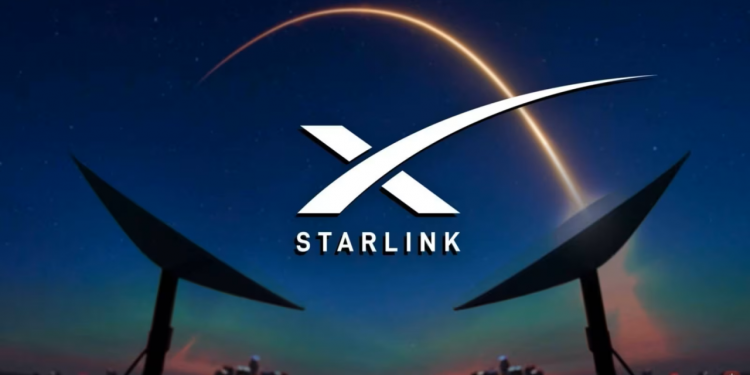Starlink’s promise of near-ubiquitous internet just ran into a reality check in Nigeria. In recent days the service has stopped accepting new home-kit orders in many high-demand neighbourhoods — think Victoria Island, Ikoyi, Ikeja and Surulere in Lagos, plus parts of Abuja — with the company’s site flagging “Sold Out” and directing would-be customers to a deposit-based waitlist. The Guardian Nigeria+1
For the consumer, that message is blunt and immediate: you can queue and pay a deposit, but there’s no guaranteed start date. The notice mirrors a routine tech tradeoff — protect service quality for existing customers by pausing activations — but in Nigeria it exposes a deeper tension between demand, cost, and capacity. The Guardian Nigeria+1
The numbers show strain, not just buzz
The strain isn’t only anecdotal. Regulatory and market data indicate a dip in Starlink’s Nigerian footprint: active users fell by several thousand between Q4 2024 and Q1 2025, marking the company’s first subscriber decline in the country since launch. That drop is a clear symptom of churn and affordability pressure at scale. The Guardian Nigeria+1
At the same time, the service has felt strain elsewhere: a recent global outage left tens of thousands of U.S. customers reporting interruptions, underscoring that the challenge of keeping a low-Earth-orbit constellation humming is universal, not merely local. Reuters
Price, exchange rates and patience
Cost dynamics play a major role. Starlink’s Nigerian retail pages now show monthly residential plans at roughly the mid-to-high ₦50,000s, after a series of price revisions that have repeatedly drawn regulatory attention and customer pushback. Rising subscription and hardware prices — driven in part by naira weakness and compliance costs — make sustained growth in price-sensitive markets harder. Starlink+1
That mix — high initial hardware cost, elevated monthly fees, and occasional service pauses — creates a fragile value proposition for households comparing Starlink with cheaper terrestrial options.
What Nigeria reveals about Starlink’s Africa strategy
Nigeria is a stress test. As one of Starlink’s earliest and largest African markets, it reveals the two fundamental gaps any global satellite ISP must solve to scale on the continent:
-
Capacity planning vs. demand spikes. Adding capacity requires satellites, regional ground stations or regulatory clearance to shift spectrum or bandwidth allocation — all of which take time and capital. The “sold out” notices show that demand can outpace these levers.
-
Pricing vs. purchasing power. Even affluent urban pockets are price-sensitive when currency volatility and local alternatives exist; repeated price hikes can trigger churn.
That said, Starlink is still expanding across Africa — the service went live in Chad this year as part of a broader rollout — which highlights the company’s ambition even as operational limits surface. Business Insider Africa
A short roadmap for avoiding repeat shocks
If Starlink wants to convert Nigeria’s appetite into sustainable, scalable penetration, it will need to combine technical fixes with market realism:
-
Layered capacity expansion — short-term microwave/poP (point-of-presence) densification; medium-term more satellites targeted for congested footprints.
-
Flexible pricing — tiered plans and localized billing that factor in FX risk (prepaid, corporate bundles, or tethered operator partnerships).
-
Regulatory engagement — transparent filings with NCC and proactive approvals for pricing or spectrum changes to avoid freezes.
-
Local partnerships — telco partnerships, enterprise packages, and government projects can smooth demand spikes and justify ground infrastructure.
Bottom line
The “Sold Out” banners are less a failure than a diagnostic: they show where the business model bumps into reality. Nigeria offers proof of both the appetite for satellite internet and the practical limits of delivering it affordably and reliably. For Starlink — and for any company chasing mass connectivity across Africa — the path forward demands more than satellites: it needs local economics, smarter pricing, and smoother regulatory ties.

